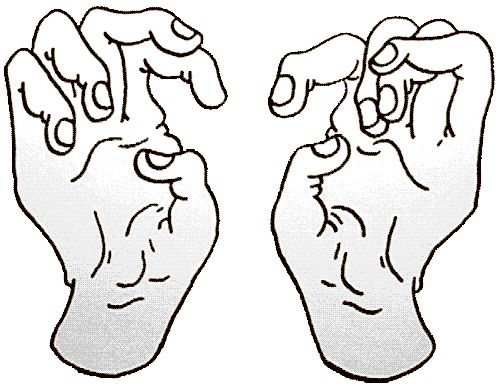Court ruling in New Orleans could have big consequences for the city’s schools

Last week’s Louisiana appeals court ruling that the New Orleans school board improperly dismissed thousands of teachers in the wake of Hurricane Katrina vindicated the fired educators and their supporters. It also raised serious questions about the system’s financial viability moving forward: If the decision is upheld, the state and school board will likely be liable for hundreds of millions in back pay and benefits.
A panel of judges for the 4th Circuit Court of Appeal said the 7,500 fired employees were denied due process rights, and that many of them are entitled to two years of back pay and benefits. News of a possible appeal could come as early as this week.
In the months after Hurricane Katrina, the school board fired the teachers and state officials swept most of the city’s public schools into the state-run Recovery School District. The two decisions paved the way for massive and controversial changes in the city’s public school system: This year, more than 90 percent of New Orleans public school children attend charter schools, and most of their teachers are at-will employees. While some charters rehired mostly veteran educators, others have relied heavily on young Teach For America instructors and recent alumni of the alternative teacher preparation program, who are much more likely to be white and come from outside New Orleans.
Defenders of the decision argue that it was financially and logistically necessary with the city
Blend, flip, disrupt
When she introduced Khan Academy videos and quizzes to her sixth-grade math students, Suney Park had to “give up control,” she said at a Blended Learning in K-12 conference at Stanford’s Hoover Institution. “That’s hard.” But the software lets her students work at their own level and their own pace, moving on only when they’ve mastered a lesson. More are reaching proficiency, says Park, who teach
